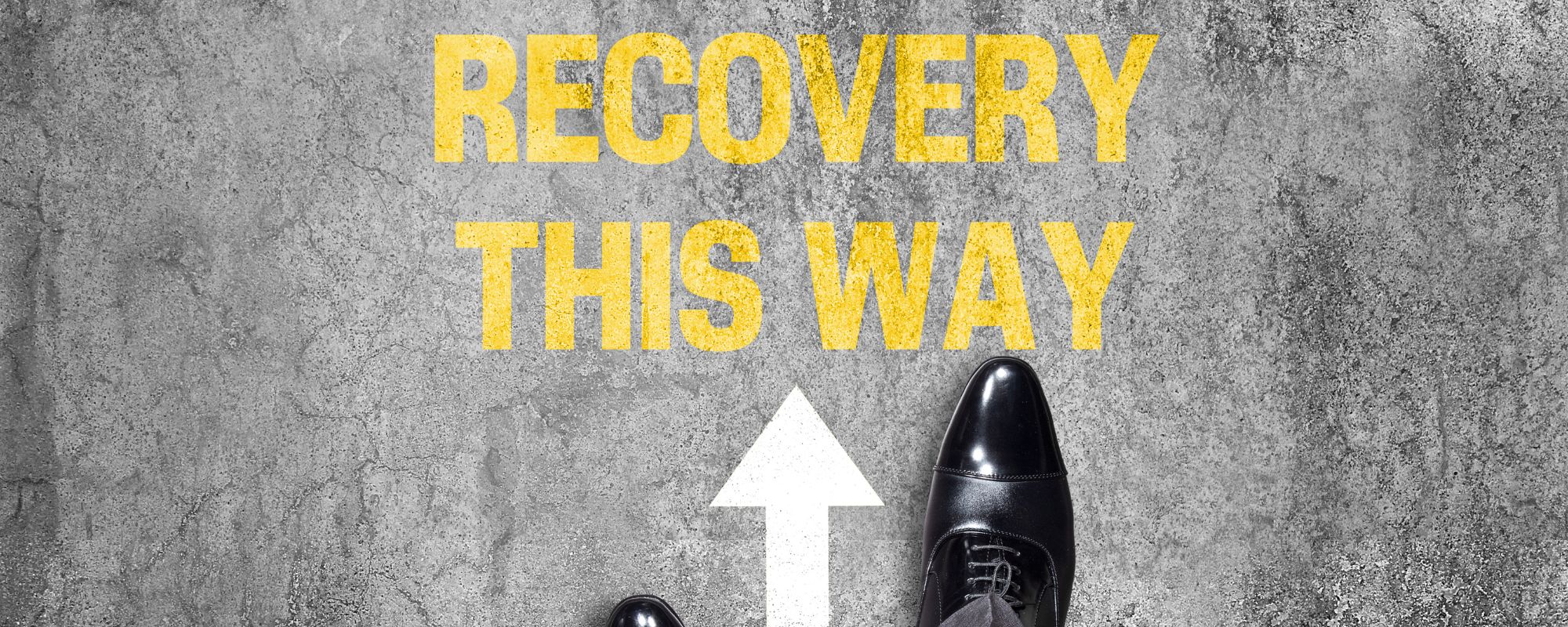Recovery from drug or alcohol addiction can be a long, winding road. There are going to be up’s and downs and all kinds of twists and turns along the way. The truth is that maintaining sobriety can be challenging! It requires a daily level of vigilance and self-awareness, that without, can lead to an unfortunate reality of recovery. Relapse happens. But a relapse, or a “slip” as its commonly referred, begins long before you use a drink or a drug. It is a slow process that starts well before you actually pick up a substance.
Relapse prevention is one of the main reasons people seek treatment. Simply stopping on your own may last for a period of time, however, it almost never lasts. Relapse prevention techniques aim to identify the early stages of a relapse, so you can stop it before it happens.
If you or someone you know is in recovery, there are early warning signs and ways to prevent a relapse. In order to avoid a “slip”, it is important to recognize these early warning signs of relapse.
Emotional Relapse
All the stages of relapse can be subtle and easy to brush off as nothing, but the emotional relapse stage is particularly devious. During this phase, you’re not even thinking about using. You may even recall the last time you were under the influence as unpleasurable and something you don’t want to repeat. But emotions and behaviors at this point can frequently get the better of you, and contradict that of a healthy person in recovery.
Some of the more common signs to look out for are:
- Anxiety
- Anger
- Defensiveness
- Mood swings
- Isolation
- Not reaching out for help
- Not going to meetings
- Poor eating habits
- Poor sleep habits
The underlying cause of the emotional relapse phase seems to be a lack of self-care. Self-care can be loosely defined as not taking care of your emotional, physiological, or physical care. For some individuals, this can manifest as poor diet, lack of exercise, not getting enough sleep, or poor hygiene. However, most of the time self-care is more about emotional well-being. Taking out time for yourself, having fun, and being kind to yourself, are all important ways to maintain emotional sobriety.
A helpful acronym to check if your self-care is in check is “HALT”. Hungry, Angry, Lonely, And Tired. It’s helpful to make sure that you’re not too much of any of these things. For example, if you find yourself constantly angry, you may want to examine why. Ask for help to manage these things before it grows out of control and leads to a relapse.
Mental Relapse
In this phase of a relapse, the mental war begins. Early in this phase, you may begin to think about wanting to use/drink but also know you don’t want to suffer the consequences. Part of you says yes, part of you says no. It’s important to identify this type of thinking as soon as possible because as this thinking progresses the urge to use intensifies.
Some common signs to look out for include:
- Thinking about people, places, and things associated with using
- Glamorizing past drinking/drugging
- Lying
- Hanging out with old using friends
- Daydreaming about using
- Thinking about relapsing
- Planning your relapse
- Think of ways to better control your using
- Cravings for drugs and alcohol
If you find yourself experiencing any of these sign there are certain steps you should take immediately. First and most importantly, tell someone what’s going on. Be sure to let them know you’re having these thoughts and urges right away. A sober support or family member that you can speak to openly, may be able to work through these feeling with you.
Another technique is to distract yourself. The expression “move a muscle, change a thought” truly works in these situations. Going for a walk, calling a friend, or going to a meeting, are all great ways to stop these destructive thoughts.
Finally, remember that recovery happens one day at a time. The thought of staying sober “forever” can truly feel like an impossible feat. Luckily, you only have to stay sober for today. If you find yourself struggling, tell yourself that you’re not going to use today. Even shortening it to the next 30 minutes, or hour has worked for many recovering addicts.
Physical Relapse
The final stage of relapse happens when you actually use drugs or alcohol. Most physical relapses are opportunistic in nature. Meaning they mostly occur when someone has an opportunity to use and think that they won’t get caught. Part of relapse prevention should include running through these scenarios and developing exit strategies.
The recovery journey is different for everyone. Relapse doesn’t need to be a part of your story, but the truth is that it may tempt you at times. To avoid relapse in the future, be sure to follow the suggestions and guidelines of your peers, as well as mental health professionals. Royal Life Centers has some of the finest mental health professionals in the industry, with firsthand experience in recovery. If you’re in danger of relapse or are currently suffering from addiction, please call us immediately at (877)-732-6837 or (877)-RECOVERY









